Uncategorized
-
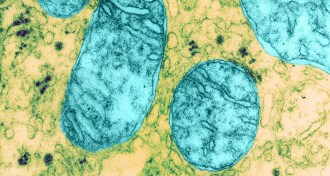 Genetics
GeneticsGenetic editing can delete deleterious mitochondria
A new technique slates mutant mitochondria for destruction.
-

-
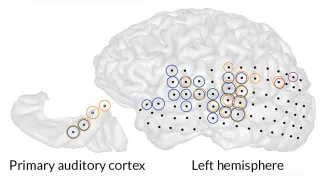 Neuroscience
NeuroscienceTinnitus causes widespread trouble
People don’t just hear the phantom ringing of tinnitus in the part of the brain that processes sounds.
-
 Neuroscience
NeuroscienceCatching Zs may snag memories, too
Flies genetically destined to be forgetful could boost their memory with sleep.
-
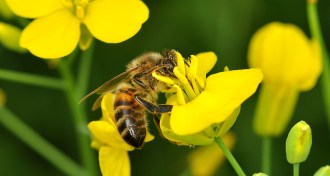 Animals
AnimalsBees may like neonicotinoids, but some may be harmed
Two high-profile tests raise worries that bees can’t avoid neonicotinoid pesticides and that wild species are at special risk.
By Susan Milius -
 Particle Physics
Particle PhysicsParticle hunting in space, life in the urban jungle and more reader feedback
Readers discuss wheat's journey to England, share stories about urban wildlife and more.
-
 Space
SpaceDriving Curiosity to discovery
Discovery is driven by curiosity, on Mars and closer to home.
By Eva Emerson -
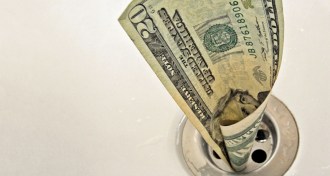
-
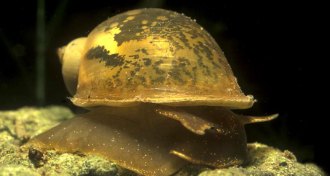 Life
LifeBolder snails grow stronger shells
Bold snails have tougher shells than shy snails. Understanding what drives snails to develop such differences is a bit of a challenge.
-
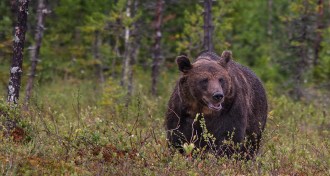 Animals
AnimalsFinland’s brown bears on surprise fast track to recover diversity
Brown bears in southern Finland show surprisingly fast improvements in genetic diversity and connections with other bears.
By Susan Milius -
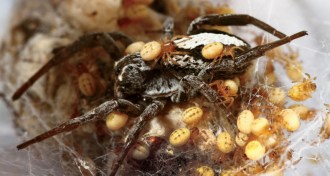 Animals
AnimalsWhen mom serves herself as dinner
For this spider, extreme motherhood ends with a fatal family feast.
By Susan Milius -
 Physics
PhysicsAn even more precise atomic clock
An atomic clock described April 21 in Nature Communications is about three times as precise as its record-setting predecessor.
By Andrew Grant